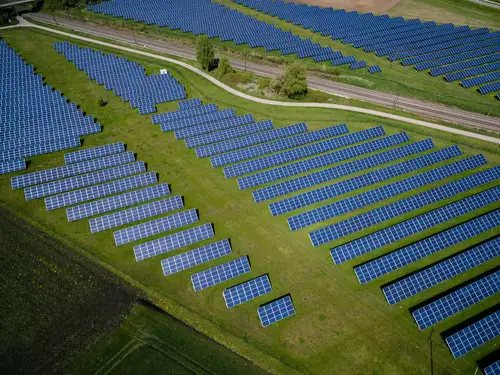On Tuesday, Bloomberg reported that the top court in Germany has banned the use of pandemic related funding to finance green initiatives, forcing the German Finance Ministry to impose an emergency spending freeze on all new environmental projects.
Last week the Constitutional Court ruled that the government had violated the constitutional law when it shifted €60 billion ($65.2 billion) of unused debt authorizations which had been earmarked for use on Covid-pandemic-related measures into the government’s Climate and Transformation Fund.
The Finance Ministry “froze virtually all new spending authorizations for this year as it tries to identify the broader and longer-term implications,” on Monday, according to government officials.
The ruling held that existing liabilities will be allowed to be honored, however no new ones will be allowed to be entered into. Only in exceptional cases will new commitments be allowed to be unblocked, according to the court.
According to Vice Chancellor and Economy Minister Robert Habeck, the decision will have “massive implications” for the energy transition and green manufacturing plans of Germany, with its effects being felt from the expansion of hydrogen infrastructure to the construction of charging stations for electric vehicles.
Other areas which will feel the effects, according to Habeck will be the government support for green manufacturing, to include the steel industry, as well as the development of solar power programs.
Habeck noted the ruling also raises questions about hundreds of billions of euros in financing that is allocated through special funds which are not included in the federal budget, including those programs which attempt to ease the costs of the high energy prices on families and households, as well as businesses. In Germany there are 29 such non-budget funds, which hold about €870 billion.

